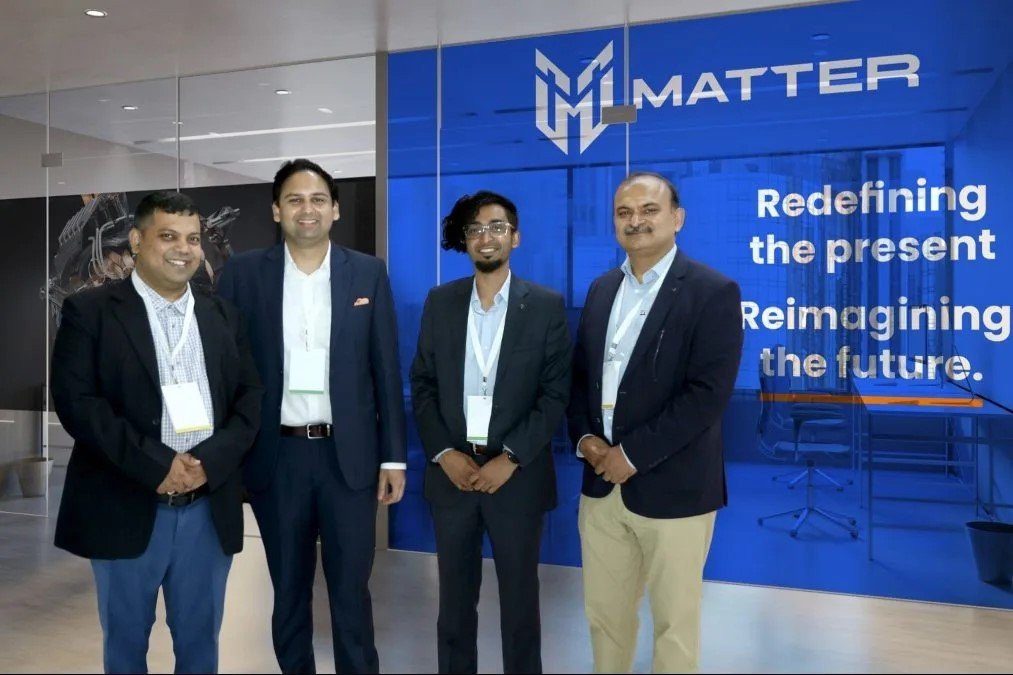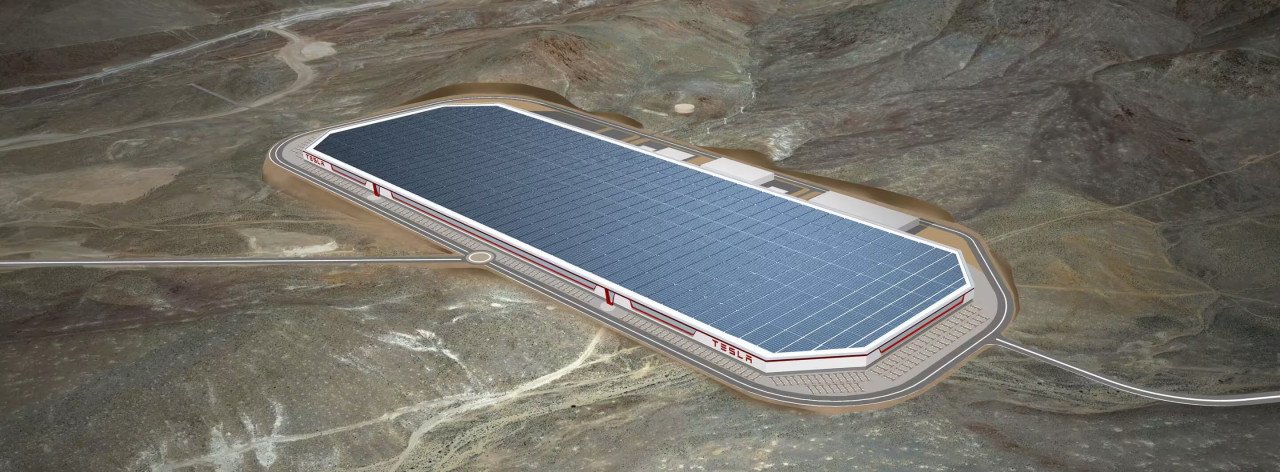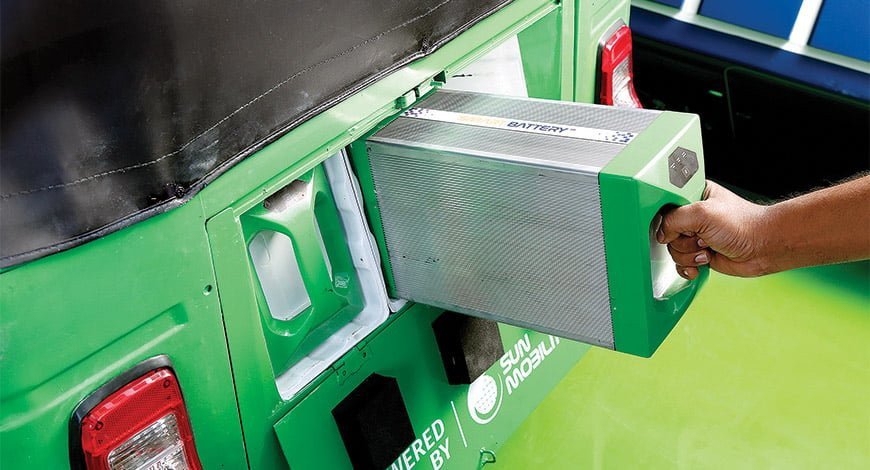Log9 Materials to invest ₹ 2,350 crores for EV battery manufacturing
Indian battery startup Log9 Materials is reportedly ramping up investments to the tune of ₹ 2,350 crores over the coming years to strengthen its local EV battery manufacturing and R&D.
Of the total capex planned, about ₹ 200 crores are to be spent on the existing battery pack facility and an another ₹ 150 crores on establishing a cell manufacturing facility, according to a report from MoneyControl.
The Bengaluru-based company is already making 'RapidX' E2W and E3W batteries from its facility, claimed as India's first cell manufacturing line at a larger scale, and is currently operating on a capacity of 8,000 - 10,000 units annually.
Akshay Singhal, founder and CEO of Log9 Materials, reportedly told MoneyControl, "We are investing Rs 150-160 crore in the battery pack facility, another Rs 150-200 crore on the cell manufacturing facility. Beyond that, in FY2025, we plan to invest Rs 2,000 crore in a mega Gigafactory as part of our expansion plans".
It is to be noted that Log9 Materials raised their second round of funding from Amara Raja Group in September this year, making the latter to hold a significant stake of about 15.4 percent in Log9. Given the start-up's R&D and manufacturing potentials, more investors are expected to follow suit in the coming months.
Log9 is said to be ramping up its battery capacity to an output of 50,000 units per year by FY 23, focusing on E2W and E3W segments. By FY 24, the company targets to roll-out 400,000 units by diversifying into EV batteries for four-wheelers as well.
The company has already partnered with a couple of four-wheel EV companies including EKA Mobility, OSM Mobility, and NorthWay Motorsport. "We are also in talks with a few others for more four-wheeler partnerships. And in doing so, our push will continue to remain on the CV (Commercial Vehicle) side, currently not on PVs (Passenger Vehicles)," Singhal said, according to MoneyControl.
RELATED: Log9 Materials: Tech independence important for a secure supply chain




















